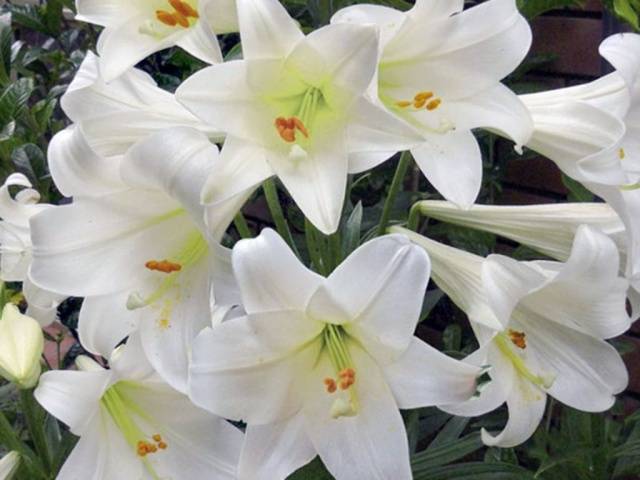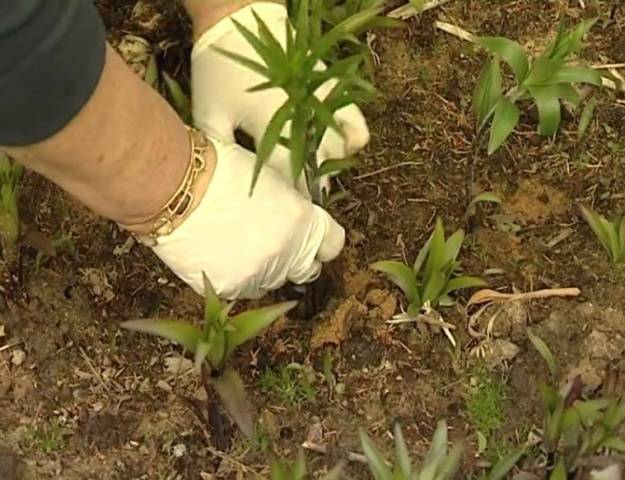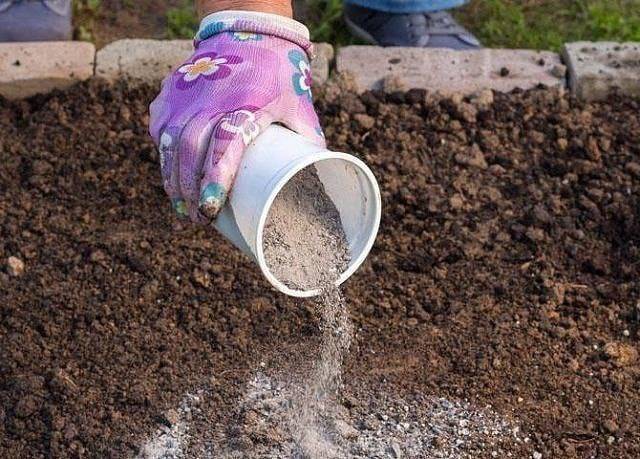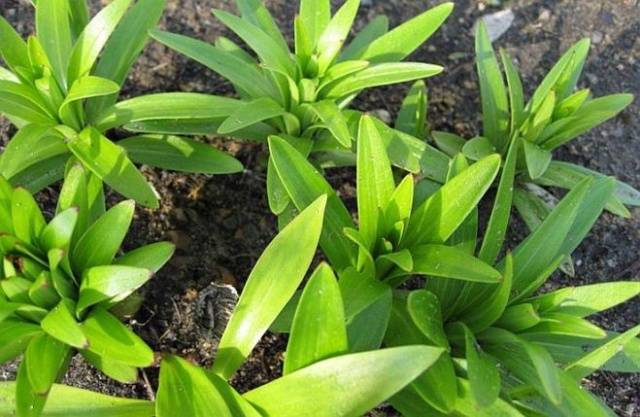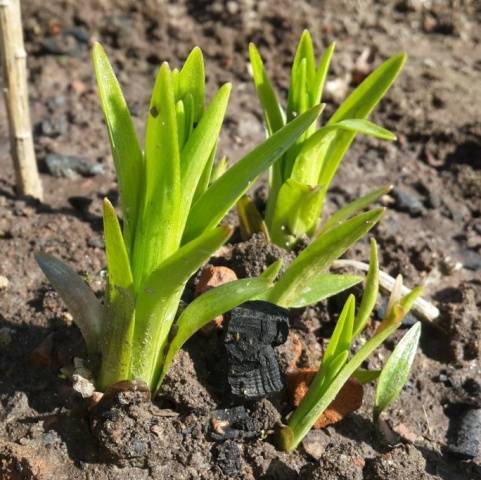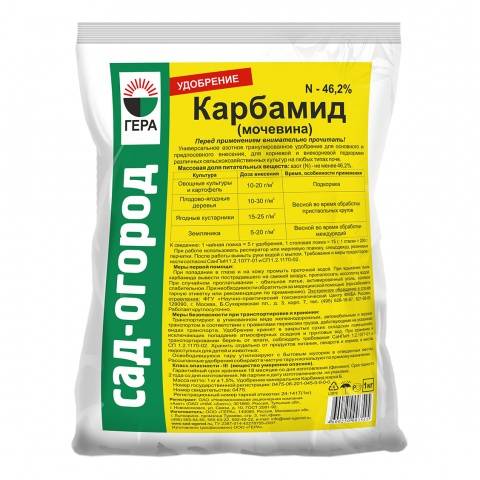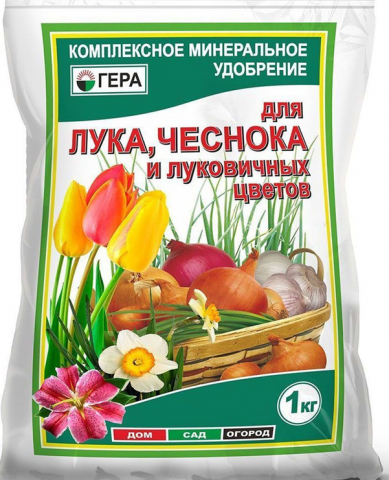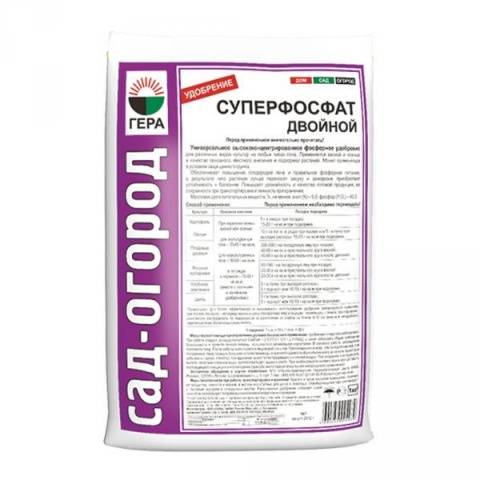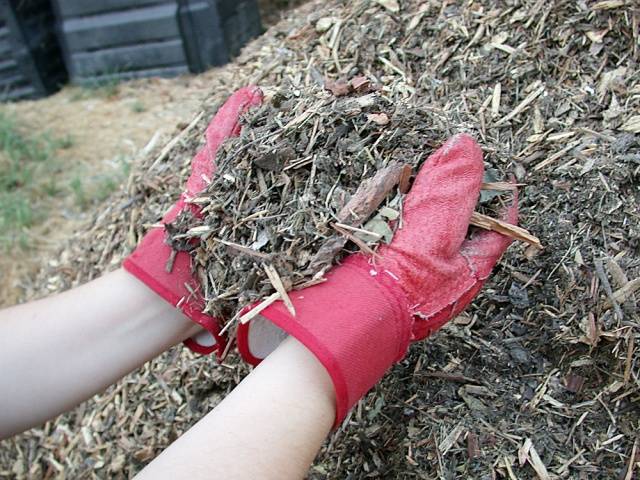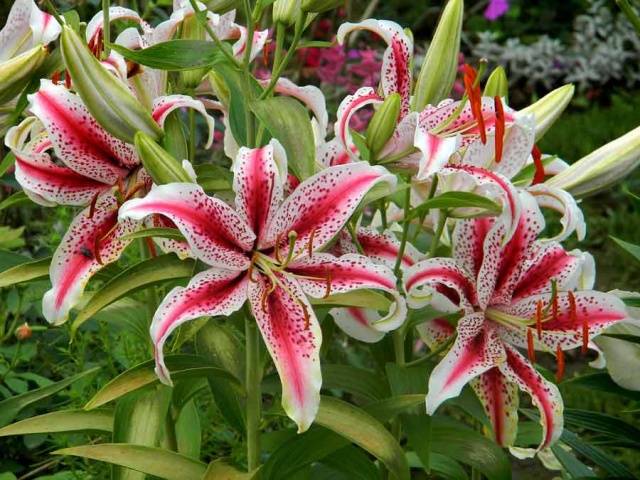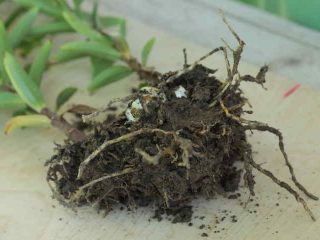Content
It is no secret that flower growers who are not indifferent to lilies acquire new varieties, wishing to grow these unique and delightful flowers in a flower bed. Planting new varieties is an exciting and only positive emotion from the anticipation of enjoying the divine beauty of the event.
And sometimes, even with all the rules and regulations of planting, the plants get sick or grow slowly. But it is in the luxurious flowering that the whole point of growing flowers lies. Fertilizing lilies is a must. But you just need to know in advance when, how and how to feed the lilies in the spring, so that they please with exuberant flowering and heady aroma.
Fertilizing lilies during planting
Proper planting of lilies involves more than just choosing the right place and planting the bulbs. First of all, it is necessary to add substances to the soil that are necessary for plants to grow and bloom. After all, they will have to grow in one place for several years without transplanting. The composition of the soil decreases significantly during this period. And over time, plants already lack mineral and nutrients.
The first feeding of lilies in the spring is carried out during the planting process. For successful rooting and active growth of green mass, flowers are fertilized with organic fertilizing. The only exception is fresh, unripe manure, which is often the cause of fungal diseases and the death of bulbs.
In the process of preparing the soil for planting, compost or humus is introduced in the amount of 7-8 kg and double superphosphate 100 grams per 1 m². They are very fond of lilies and wood ash, therefore, if possible, add 100 grams of ash per 1 m², and they will thank you not only with abundant and luxurious flowering. Ash increases frost resistance and plant resistance to many diseases.
In the absence of organic matter, you can feed the lilies with any mineral fertilizers. The main thing is that the following elements are present in the composition:
- nitrogen;
- potassium;
- phosphorus.
Fertilizers are applied in accordance with the recommendations for use indicated on the package.
It is possible to exclude the first feeding of lilies during planting only if the soil is fertile and abundantly enriched with humus. An excess of nutrients is just as undesirable as a deficiency.
How to feed lilies before flowering
In early spring, all plants need nitrogen. They need this element for the active growth of stems and foliage. Lack of nitrogen affects both the appearance of flowers and their resistance to diseases.
The first feeding of lilies can be carried out in early spring, during the period of active snow melting. Urea or ammonium nitrate in granules is scattered over the flower bed. The norm is 2 tbsp. l. fertilizers per 1 m².
This method of feeding is suitable only if the flower garden is not located on a slope, and melt water does not drain from it. In this case, all nutrients will be washed away by melting snow or rains.Therefore, such areas are fertilized only after the snow has completely melted, the soil begins to dry out, and the first long-awaited green lily leaves will appear from under the ground.
It is advisable to introduce all top dressing in liquid form, since the process of assimilation of nutrients occurs several times faster than when fertilizing with granules. You can feed lilies in the spring for active growth with mullein infusion or urea solution diluted with water in a ratio of 1 tbsp. l. on a bucket of water. Water the flower garden at the rate of 10 liters of solution per 1 m².
Top dressing of lilies in spring for flowering
The second feeding of lilies for flowering is carried out in the spring, at least 2-3 weeks after the first. In the process of caring for lilies in the garden, it is important to remember that organic and mineral fertilizers must be alternated.
Flowers can be fertilized with nitrogen fertilization in spring no more than two times. The last time you can feed the lilies is in May, before the plant enters the budding phase. As soon as the first bud ovaries appear, the feeding must be changed.
How to feed lilies during budding
During the budding period, lilies are fed with phosphorus-potassium fertilizers. They affect the number and size of buds, the brightness of the flowers and the duration of flowering. Nitroammofoska (Azofoska), or any other complex fertilizer is perfect.
It is advisable to introduce this top dressing in liquid form for better digestibility and quick impact. Nitroammofosk is diluted with water in a ratio of 1 tbsp. on the bucket. This volume is designed for watering 1 m².
Flowers respond well to foliar feeding. The main thing is to adhere to the dosage and administration rules indicated on the package.
There are many dressings designed to fertilize bulbous flowers. They are a source of balanced and well-chosen elements that plants need during different growing seasons. It is important to choose the right ones that are intended for feeding lilies during the budding period.
The second summer dressing is introduced during the lush flowering of the lilies in order to prolong this wonderful period. Complex fertilizers containing microelements are introduced into the soil in liquid form in accordance with the manufacturers' recommendations.
It is advisable to add wood ash to the soil once during the summer season at the rate of 100 g per 1 m², which is combined with any summer top dressing.
Secrets of autumn feeding of lilies
In the fall, after abundant flowering, lilies also need feeding. The plant devoted a lot of energy to the formation of buds, and it is extremely important during this period to help the flowers to compensate for the deficiency of nutrients and fully prepare for winter.
Phosphorus-potassium fertilizers will help to increase the winter hardiness of the bulbs and provide the plants with the necessary elements. The first feeding of lilies is carried out at the beginning of autumn in the process of caring for plants. In water with a volume of 10 liters, it is necessary to dilute:
- double superphosphate - 1 tbsp. l.
- potassium magnesium - 1.5 tbsp. l.
Note that superphosphates do not dissolve well in cold water, so to prepare the nutrient solution, the water needs to be slightly warmed up. The watering rate is 1 bucket per 1 m².
A second fall dressing can be combined with lily care activities. In the process of preparing plants for winter, the soil in the flower garden is loosened, renewed, or a mulch layer is laid. Mulch will not only help the bulbs to survive the winter frosts, but at the same time will serve as a kind of fertilizer during the next season. The minimum thickness of the mulch layer should be at least 10-12 cm.
The author of the video will tell you about what you can feed lilies for lush flowering.
Conclusion
Information on how and what to feed lilies in spring, summer and autumn is of paramount importance for those who decide to start growing them. After all, in order for these luxurious flowers to decorate the backyard with their inimitable beauty, it is important to observe the norms and terms of feeding. As you can see, this event does not take much time, but the riot of colors and colors delights throughout the season.
